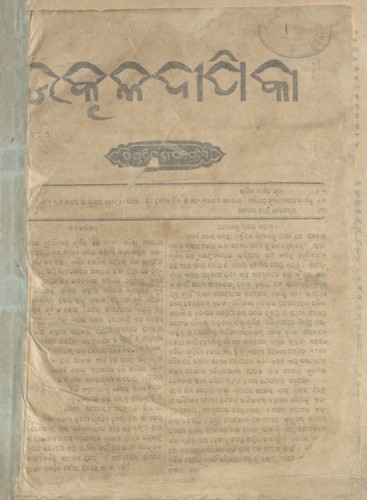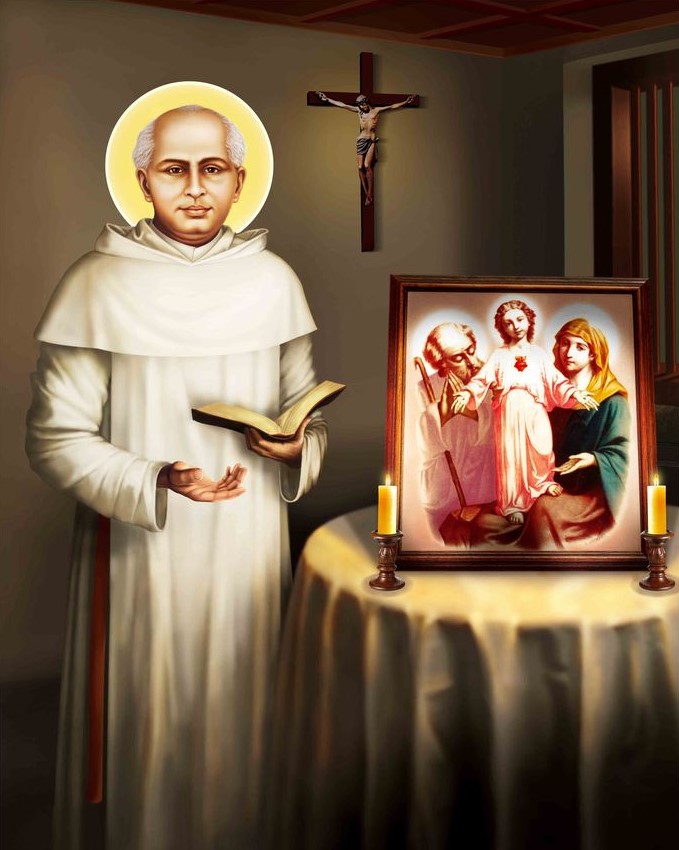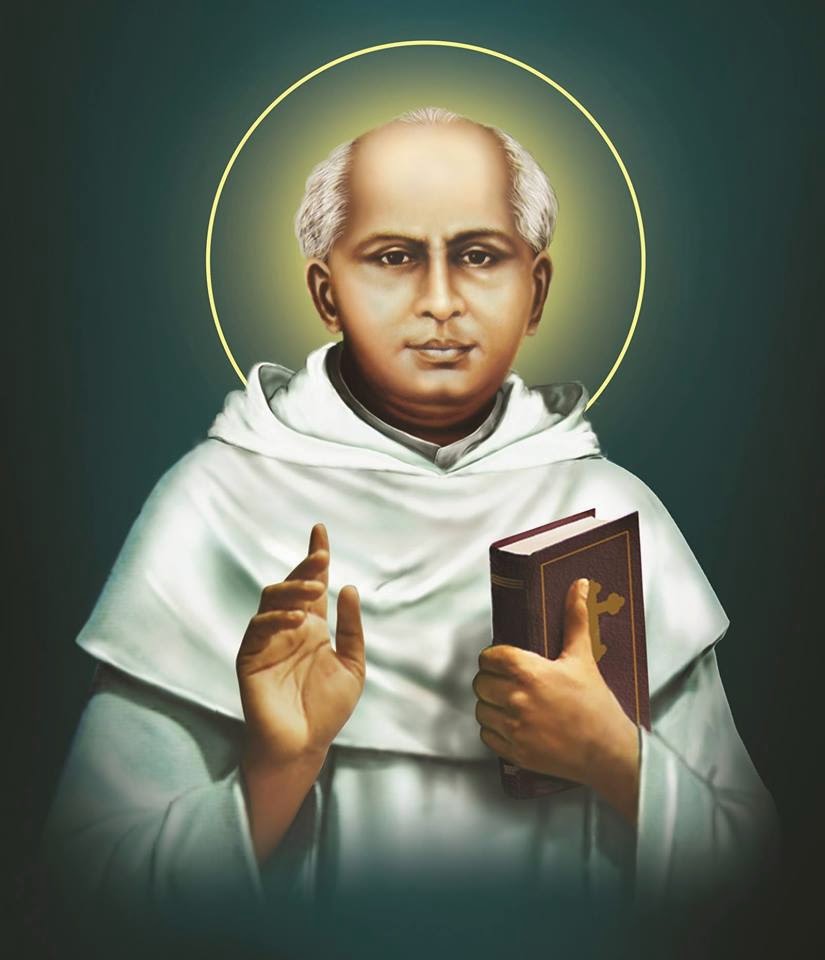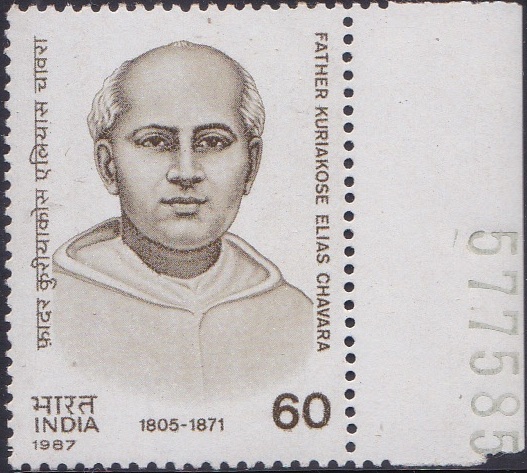“Let not the insult and quarrels of others be a cause of hatred and enmity.”
The 1st Indian male saint was born on February 10, 1805, to Christian parents, Iko Chavara and Mariam Thoppil of the Syro-Malabar Church at Kainakary, near Allappuzha, Kerala. They were members of an ancient community of Christians popularly known as Saint Thomas Christians.
From early on he attended the village school to study languages, different dialects, and elementary sciences under a Hindu teacher. With the desire to become a priest, at the age of 13, he entered the seminary at Pallipuram and 3 weeks later his father, mother, and his only brother died of a small pox epidemic that devastated his village. His relatives and acquaintances urged him to discontinue his studies and take up the responsibility of his family, even to the point of locking him in a room. A strong and devoted relative intervened and encouraged him to resume his studies and he was ordained a priest at the age of 24. This incident gave him the strength and will to defeat many obstacles that he would encounter in his religious life. He knew that if he did his part, the Lord would take care of the rest.
He was a pastoral priest for some time but returned to the seminary to teach. There, with the help of 2 others, they founded the Carmelites of Mary Immaculate, the 1st indigenous Indian religious congregation. After the death of the 2 other priests, he took leadership and started several seminaries. He also introduced annual retreats for priests and the community along with 40-hour adorations.
He reached out to those who opposed him only showing them love and kindness. He instructed the members of his religious community to conduct their actions in the same manner.
He recognized that children needed to be fed in order to learn, so he instituted a midday meal to feed those in need.
At the age of 41, he established Saint Joseph’s printing press in Mannanam, and began printing a religious newspaper. The Nasrani Deepika is now one of the oldest continually published newspapers in India.
In 1861, a schism threatened the Church of Kerala with the arrival of Mar Thomas Rokos, an opposing Bishop who did not have proper credentials from the Pope. Kuriakose was appointed Vicar-General by the Archbishop and strenuously fought and thwarted this intrusion, saving the Church.
In 1866 he co-founded the congregation of the Sisters of the Mother of Carmel.
He was recognized as a living saint during his lifetime by his contemporaries.
He passed away on January 3, 1871, of unknown causes in Koonammavu.
He is the patron saint of the press industry, media, literature, and congregations.
His feast day is January 3.
“Wisdom and purity should be spiritual food, like food for natural growth.”
For God’s Glory.



